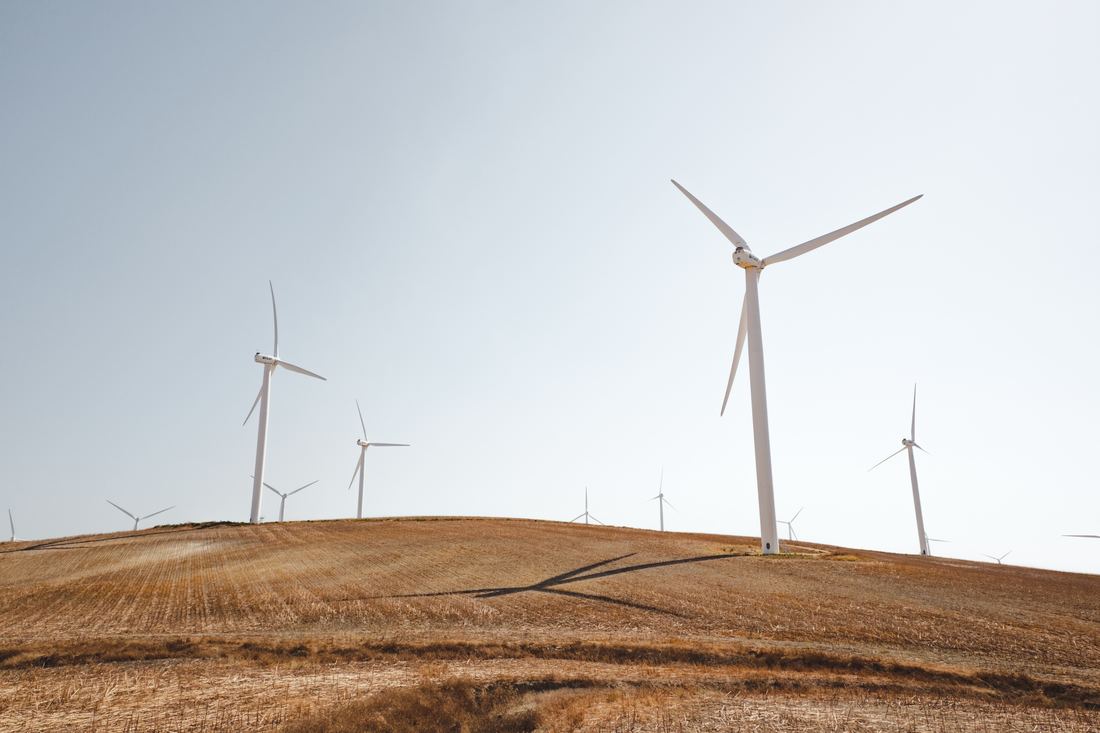 Efficient Power Use in Off Grid Properties When you take your home off-grid, you are making a bold, brave statement for the benefit of our world’s environment. In a home on the grid, the residents are essentially subsidizing their renewables with electricity generated by the network. Those houses do not need to conserve their power using energy efficiency techniques because if they run out of power, the lights will not go out. However, if a disconnected home drains all its energy, then it has to sit in the cold and dark until it creates more. What can you do to stop this ruining your dream of a life powered by renewables? Here are the top tips, and some of them are so old-fashioned you will wonder why you were not doing them already! Put the Lights Out Since illuminating your home can take up to 10% of the energy your home uses, something that your father may have done is appropriate: roam the hallways turning out the lights to save energy. You could even automate this process by installing a panel to control the times your lighting goes on and off. This controller also deters burglars while your house is standing empty. Although LED bulbs are expensive, it still works out positively in a cost-benefit scenario when you replace your five most used bulbs. Where you place the lights is also extremely important concerning efficiency. Illuminating corners lights two walls, doubling your energy efficiency at a stroke. Start Sun Worshiping In Ohio, there can be up to 15 hours of light per day. That means correctly placed windows can reduce your dependence on electricity, but you are still able to see where you are going when roaming your abode. Shading can diminish the amount of sunlight on particularly bright days or can reflect the light onto shaded areas. Switching your window panes to low E glass will also remove the heat from a sunny day if your home suffers from that. Hot or Cold, Energy Always Needed Proportionally one of the largest consumers of energy in the home, following these heating and cooling tips could see a 40% reduction in your electricity use. One of the most basic savings is to open the window instead of switching on the air conditioner. Use your knowledge of wind movements around your property to better place your windows for cooling. Heating your home with a wood fire will eliminate any electricity from the heating equation. Insulation removes extremes of hot and cold affecting your home and can reduce your energy footprint by up to 50%. As a beneficial side-effect, your house will be less susceptible to damp. Leave your thermostat between 18 and 20 Celsius in the winter. Each degree higher can increase your energy use by 10%. Similarly, in summer leave the dial above 26 C. Turn Off Your Appliances Having your appliances on by default can burn up as much energy as your lighting does. Turning them off is an instant saving, but which machines are best to pull the plug? Your electricity is DC already, and appliances that run on DC save you 10% of the electricity by not converting it to AC. Fridges should operate between 4 and 5C, whereas freezers are most efficient between -18 and -15C. Alternative Back Up There are moves to bring Hydrogen production to the home. Your house could have a fallback, renewable generator in the form of Hydrogen Fuel Cells and your worries of a blackout would recede. |
Sponsored By:
Archives
January 2023
Categories
All
|


 RSS Feed
RSS Feed
